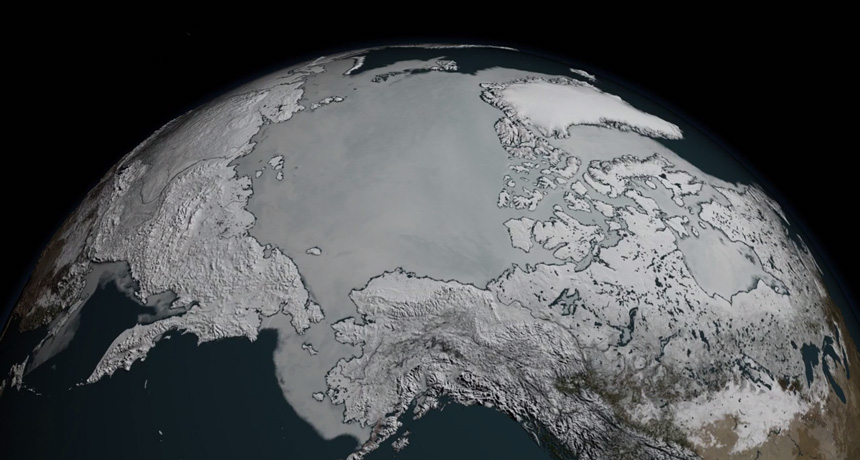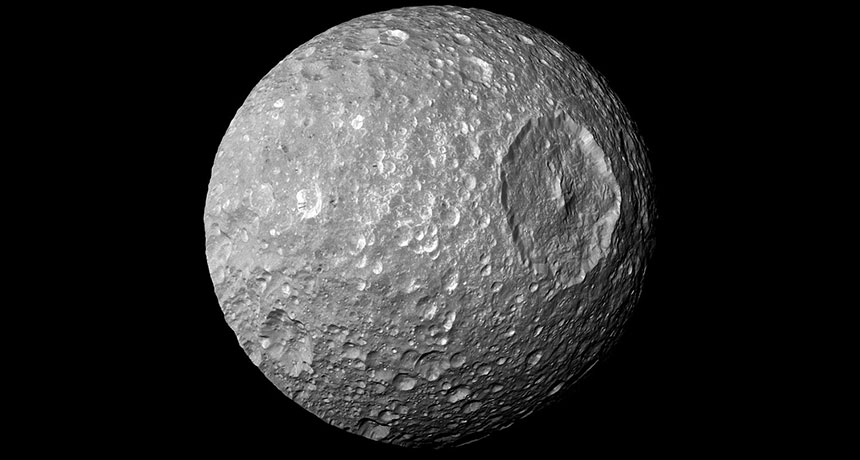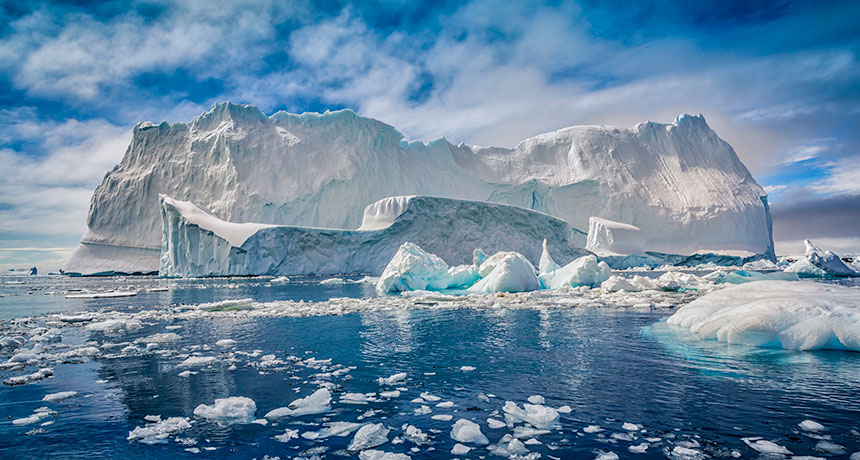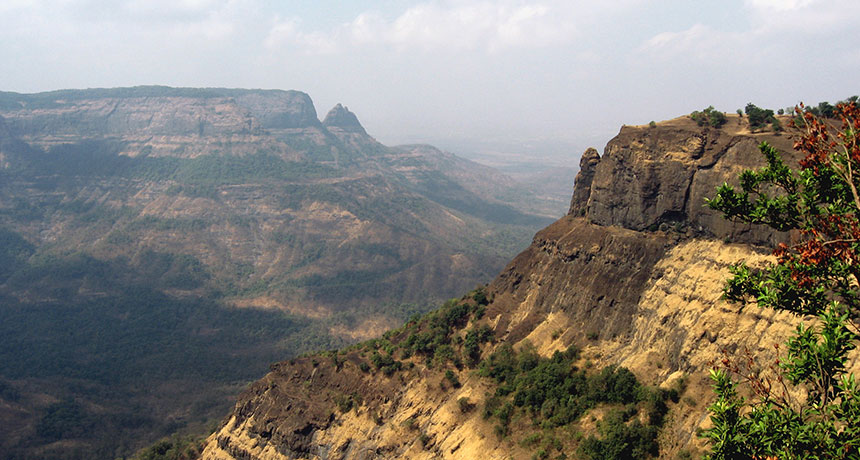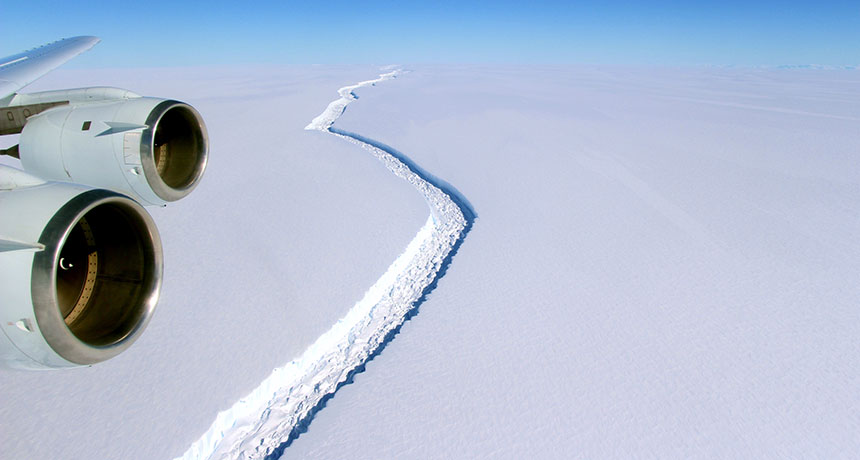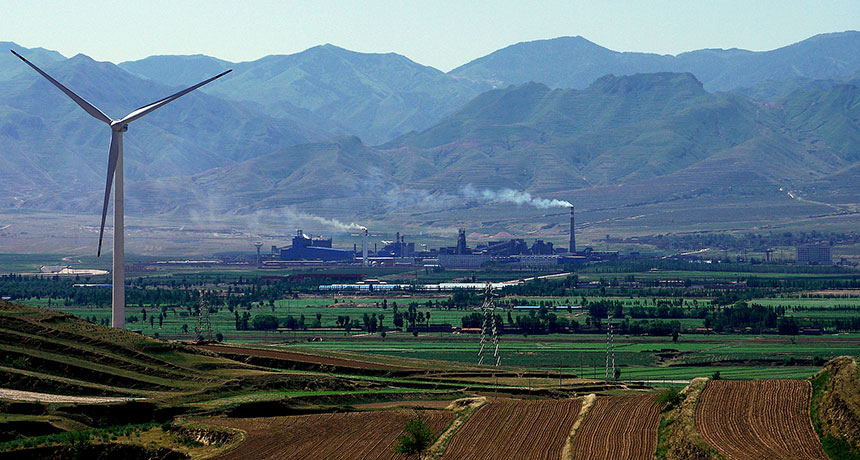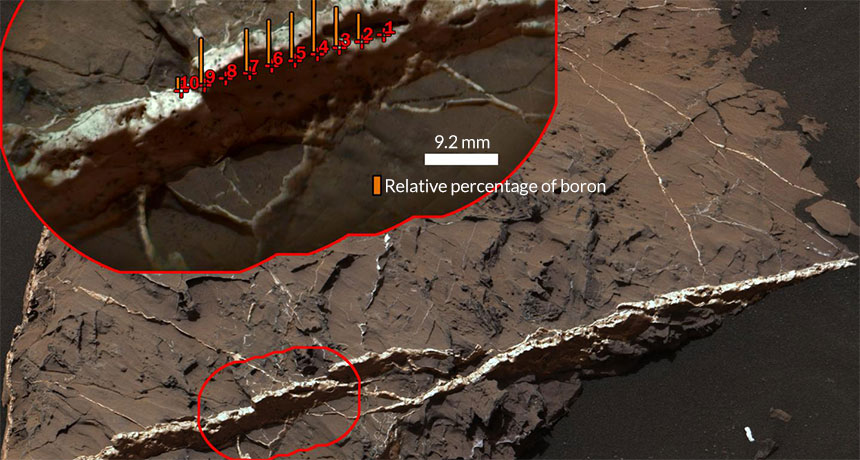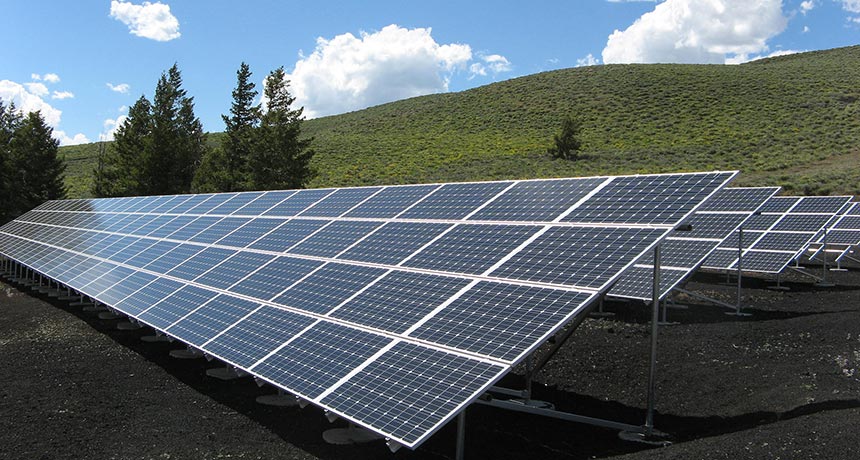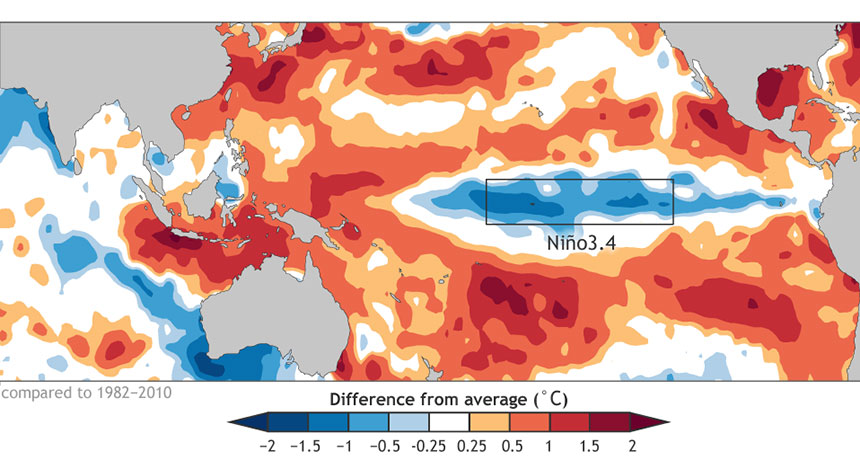
The Great Barrier Reef is experiencing a major coral bleaching event right now
Science News, April 2017A severe coral bleaching event spurred by high ocean temperatures has struck the Great Barrier Reef for an unprecedented second time in 12 months, reveal aerial surveys released April 10 by scientists at James Cook University in Townsville, Australia. While last year the northern third of the reef was hardest hit, this time around the reef’s midsection experienced the worst bleaching. The two bleaching events together span around 1,500 kilometers of the 2,300-kilometer-long reef.
